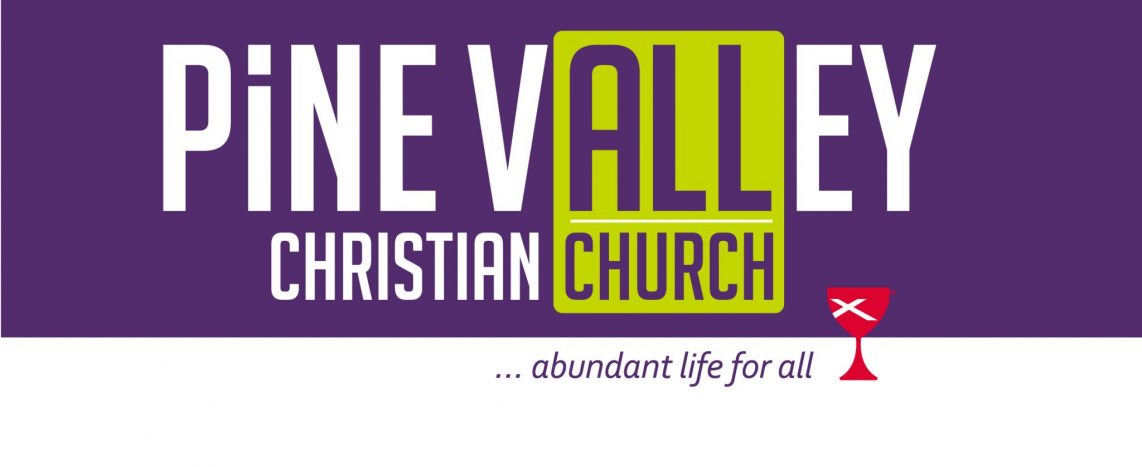“Blessed in Bad Times”
Blessed are those who mourn, for they shall be comforted. I want to focus on this text today because there is too much mourning and too little comforting in the United States today. And we are still in January. The year is just beginning.
National data for 2020 shows that in that one year alone there were more than 24, 000 suicides in the US and more than 19,000 murders. The total number of people who died of gun related injuries in 2020 in the US was 45,222. CNN reports that in the first three weeks of 2023, there have been 39 mass shootings (involving 4 or more people). The American Medical association reports that in the last three decades more than 1,000,000 people have died because of gun violence. Mayors, governors, Vice President Harris and President Biden all say the same thing: “This violence must stop.” But it doesn’t. Firearm injuries are now the leading cause of death for people under the age of 24. According to the best available data, there are about 120 guns for every 100 citizens. No other country in the world has as many gun toting citizens as we do. Every day we hear that this must stop, but it doesn’t.
Sometimes we are tempted to give up. That’s just the way it is in the United States. We are a free country. More commonly we blame gun violence on mental illness, or drugs, or gangs. Theologically, we might agree with Reinhold Niebuhr who famously said that sin is the only empirically verifiable doctrine of Christianity.
Walter Wink, a theologian, has helped me to think about this issue of violence in a different way. He says that we have two theological camps. One camp believes in redemptive violence, the other camp champions redemptive love. The catechism of redemptive violence is deeply rooted in our culture. As children we learn it in cartoons like Popeye who defends Olive and defeats Bruno in the name of love. Justified violence that is later celebrated in cultural events and celebrations. Redemptive love seems less exciting, less rewarding, less real.
Then a funny thing happened in the twentieth century. A Hindu lawyer from India read the Sermon on the Mount and told us that we should live according to the teachings of Jesus in the Sermon on the Mount. He told us that the Sermon on the Mount is not an impossible ethic, but an ethic for life. Let’s call it the original pro-life ethic. Gandhi read this sermon every day. He called Jesus the “sower of the seed of nonviolence.” According to Gandhi, his idea for passive resistance came from the Sermon on the Mount. Overcome evil with good. Overcome hatred with love. Practice forgiveness, not vengeance. Gandhi started to apply these principles to public affairs, and in the process he started a revolutionary movement that changed the world.
Martin Luther King, Jr. said, “Christ showed us the way. Gandhi showed us it would work.” King said that nonviolence is “the only morally and practically sound method open to oppressed people in their struggle for freedom.” The Sermon on the Mount promises blessings for people living in a bad time.
Just the other day, Saturday, I attended a workshop held at the Metroplex. The theme of the workshop was “Cure Violence.” There is a website. Check it out. Cure Violence is a national and international movement. The main premise is that we have to treat gun violence as a social disease. It is a cultural disease. Gun violence is a communicable disease. It starts in one spot and then spreads like a contagion. Defining gun violence as a public health issue means that we have to change the way we think about it. Like so many social diseases, gun violence is transmitted socially, and we have to treat it at the source—just like we treat COVID or any other socially transmitted disease. Instead of thinking that we can quell gun violence by arming more people with guns, we need to disarm shooters and prevent retaliation. That’s the platform of Cure Violence. And it’s working. It’s working in cities in the United States and in cities around the world. I am hopeful that it will work here.
Cure Violence is an intervention program. Trained intervention workers are on the front line. They are supported by case workers. The model is a social health model. I don’t know how we can relate to or support this effort, but we need to be aware of it. We can think about Cure Violence in a theological context.
Jesus says “Blessed are those who mourn.” Some translations use the word “happy” for blessed, but I don’t think that is helpful. “Advocate” is a better word. A fair translation of this verse in Matthew runs something like this: Those who mourn will have advocates to stand with them, to advocate with them and for them, to be present to strengthen them.” Turn back to Matthew chapter 3:11, John the Baptizer tells people who come to see him in the wilderness, “I am baptizing you with water, but someone is coming who will baptize you with the Holy Spirit” Not with the spirit of this age, not with the spirit of violence, but with the Holy Spirit. With the spirit of advocacy. Jesus calls the people who are blessed with this spirit the “salt” the “light” and “leaven.” They are a community of advocates demonstrating to the world another way of being together. Paul describes it as the “more excellent way.”
The Sermon on the Mount is an ethic for life in community. I am thinking of the words of George Bernhard Shaw who said, “Some people see the world as it is and ask: “Why?” I see the world as it might be and ask, “Why not?” Why not? For the love of God, why not become advocates for new day. Amen
